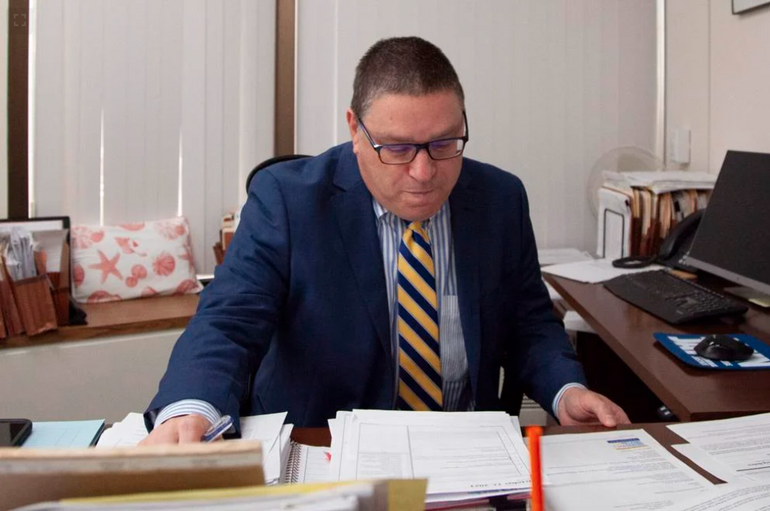Massachusetts policymakers need to fix a “deeply flawed” system that falls short of monitoring and enforcing double-dipping by former public employees who simultaneously collect pensions and paychecks from subsequent work, a state watchdog warned.
State law limits how much public retirees can work and earn from another public sector job, but those caps are “primarily enforced through a self-monitored honor system,” Inspector General Jeffrey Shapiro’s office found.
The lack of centralized oversight and enforcement, Shapiro wrote in a report summarizing his findings, relegates the statutory requirement to effectively just a “recommendation.”
“No single agency tracks post-retirement earnings of public retirees. Earnings cap calculations are complicated and individual to each retiree,” he wrote in a letter to Beacon Hill leaders alongside his office’s report. “Oversight is inconsistent, and in some cases, non-existent. Enforcement is reactive, mostly directed at the most egregious cases. Penalties for exceeding the earnings cap are minimal. This should not be the case for the Commonwealth’s retirement system, which is a billion-dollar enterprise.”
Under the existing system, public retirees can work up to 1,200 hours per year for another public entity but face limits on how much they can collect in additional pay. The cap varies by each individual employee according to arcane calculations that can be difficult to track, even for the retirees themselves.
A retiree cannot earn more supplemental pay than the difference between their pension and what their former employer is paying the person who now holds their former job. Shapiro’s report offered the hypothetical example of “John,” a longtime state employee who retires in August 2014 from a $50,000-per-year job and begins collecting a $40,000-per-year pension.
“John’s preretirement employer hires Mary to replace him, paying her $51,000 annually. Since John’s earnings cap is equal to the ‘salary that is being paid’ to Mary, his initial post-retirement earnings cap is $51,000, allowing him to earn $11,000 from a post-retirement public employer,” Shapiro’s office wrote in the report, which was released on Tuesday. “On May 1, 2015, Mary receives a 3% raise, bringing her salary – and John’s earnings cap – to $52,530. As long as John’s annual pension remains at $40,000, Mary’s raise allows John to increase his earnings from a post-retirement job to $12,530 during 2015.”
The math can get even more complicated. If the state increases pensions through cost-of-living adjustments but Mary’s salary does not change, then the amount John can earn from his post-retirement job decreases. And after a year of retirement, each public retiree’s earnings cap increases another $15,000.
Shapiro’s office warned in a press release that the many moving pieces render oversight and enforcement of the cap “next to impossible” for the nearly 240,000 public retirees in Massachusetts.
Based on data available for public education retirees who were working subsequent jobs between 2013 and 2017, the inspector general’s office found 259 people who “appeared to be overearning during the period under review.” But investigators stressed that only covered “potential cases,” and that confirming any pay in violation of the cap would require “an individualized investigation for each” person.
Many public entities rely on part-time work from retirees, especially given their experience and expertise. However, some worry that some former retirees double dipping will put undue strain on the state’s retirement system.
“There is no question that retirees make critical contributions at all levels of government in the Commonwealth, and this report is not suggesting or recommending that the Commonwealth and its localities eliminate hiring public retirees,” Shapiro said. “It does suggest that controls are needed to ensure compliance with the limits set by Section 91. The ‘system’ that oversees the earnings limits is deeply flawed, in that there is no central agency or process to monitor compliance. Nor is there an easy way to calculate earnings limits, which are unique to each retiree.”
The report outlined recommendations for lawmakers to address flaws in the system, including to create a financial penalty for retirees who exceed the cap and to simplify the earnings-cap formula so retirees can figure it out using an online calculator.
It also called on the Legislature to bulk up enforcement of the existing limits, either by creating a new standalone agency or empowering the Public Employee Retirement Administration Commission (PERAC).

